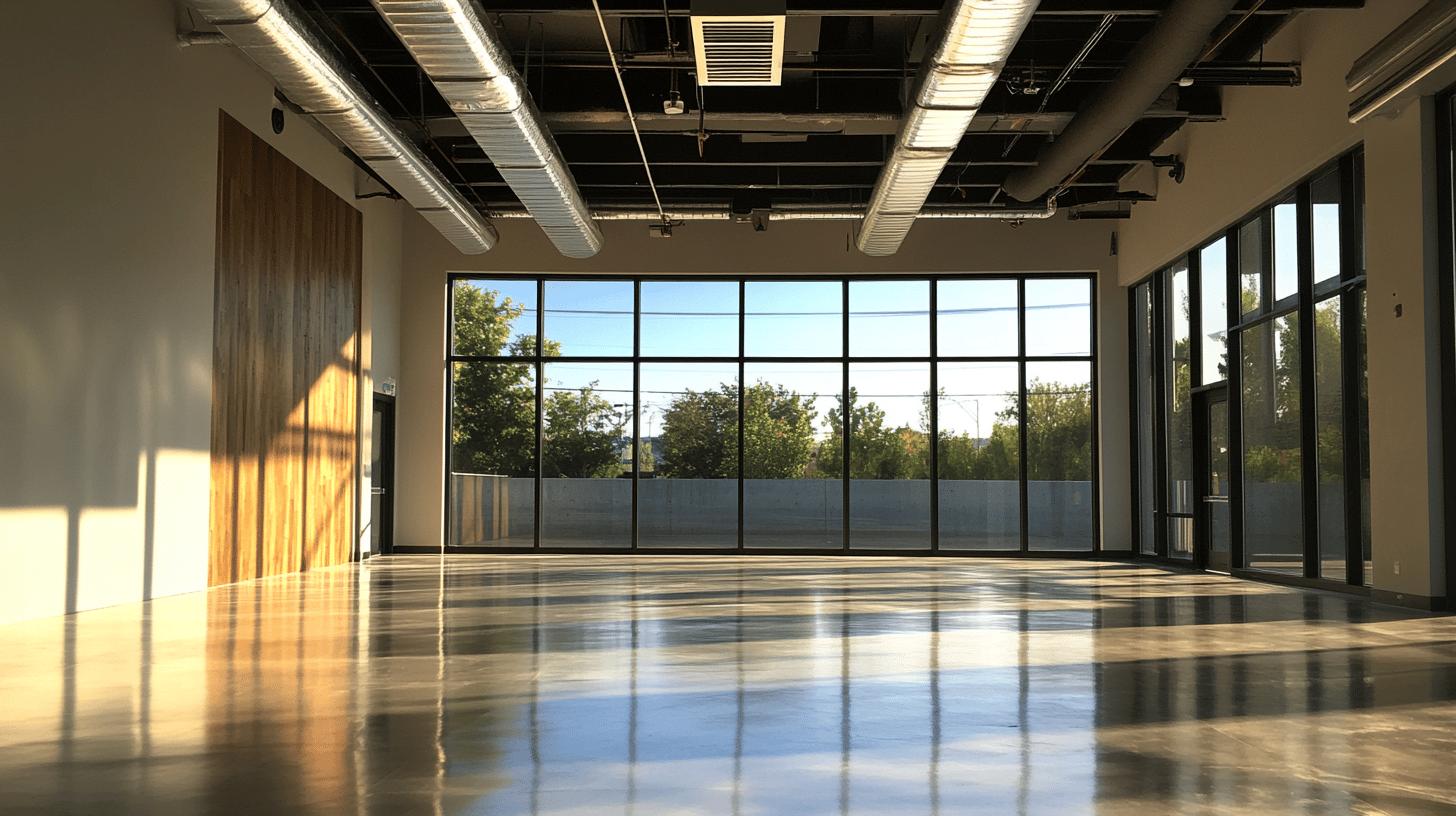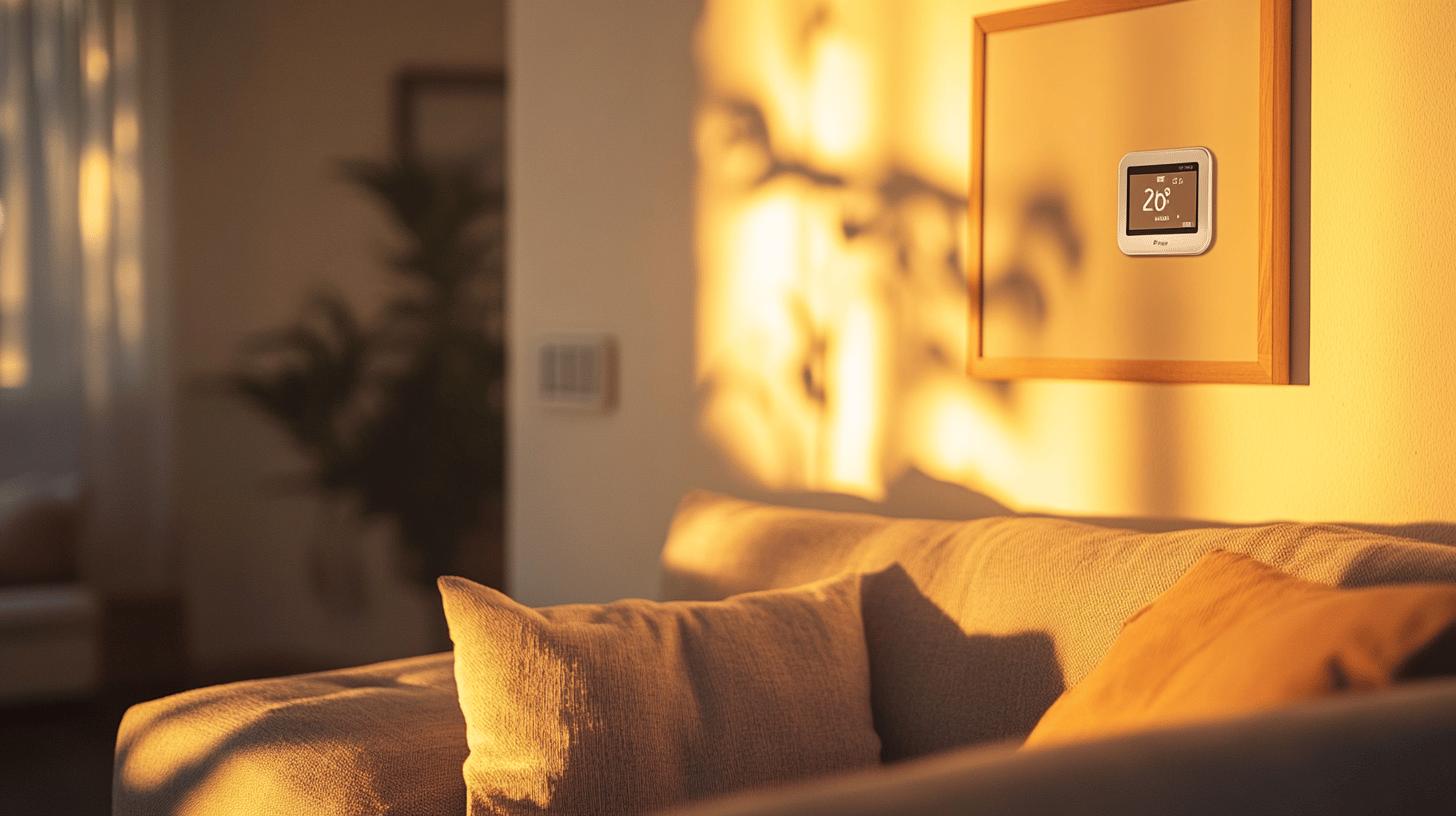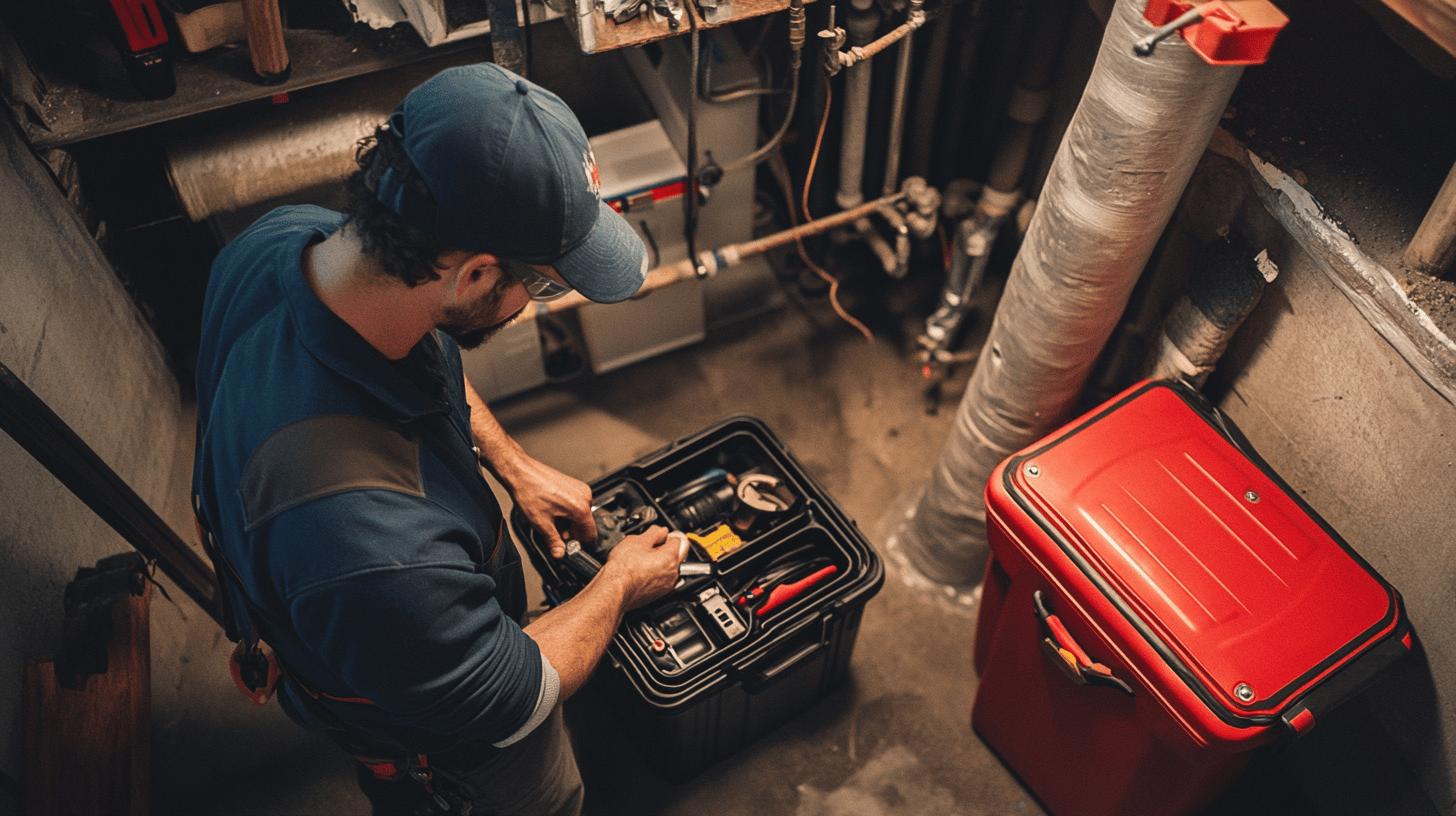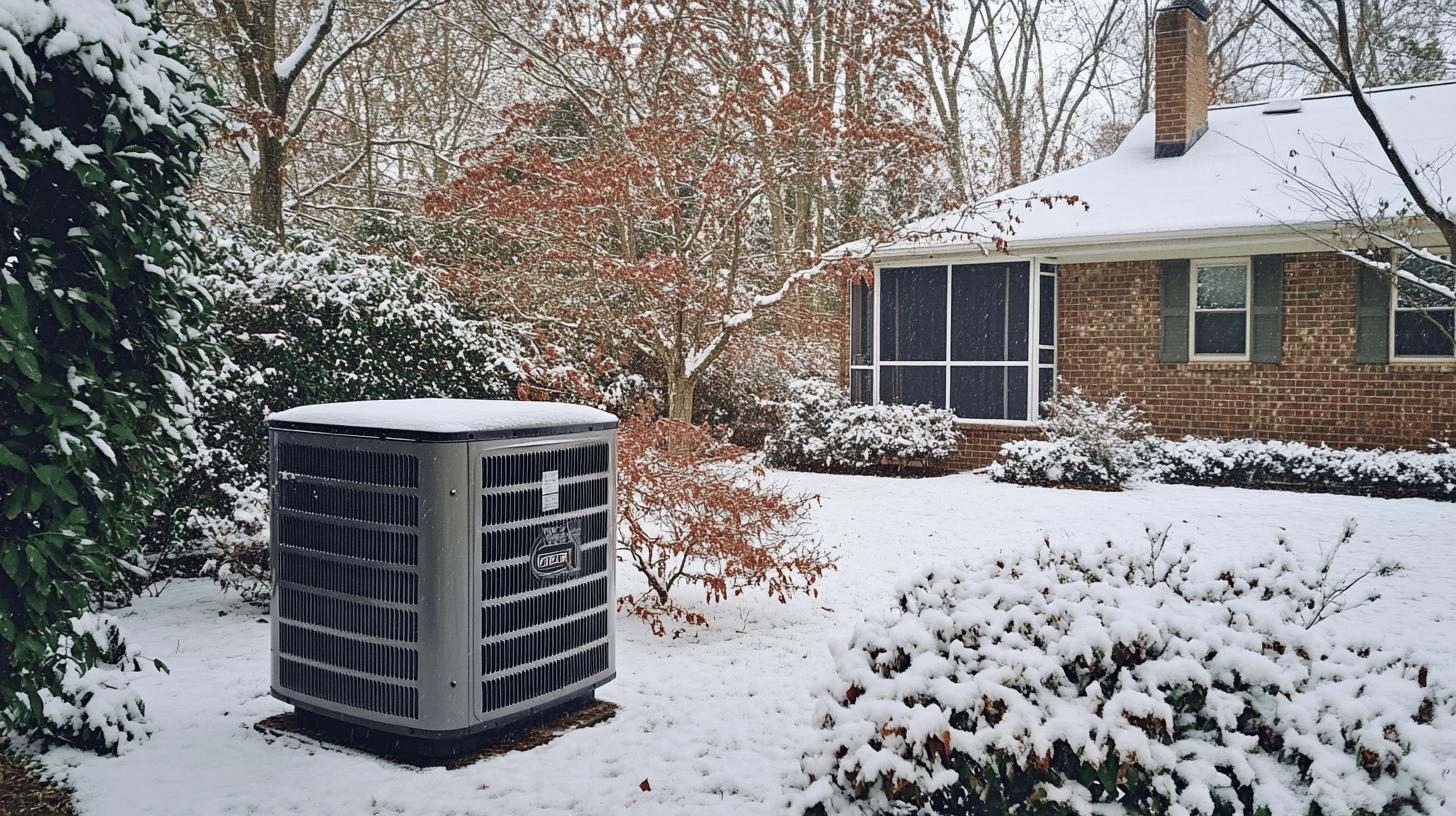Questioning whether your HVAC system is the culprit might save you money. HVAC systems are essential for comfortable indoor living, but their energy consumption can significantly impact your utility costs and carbon footprint. In exploring the energy efficiency of HVAC systems, you’ll discover how modern technologies are designed to optimize performance, reduce costs, and minimize environmental impact. With the right knowledge, you can make informed decisions about the efficiency and cost-effectiveness of your HVAC setup, ensuring comfort without breaking the bank.
Understanding HVAC System Energy Efficiency
Are HVAC systems energy efficient? These systems are designed to save energy while keeping your indoor space comfortable. They manage air quality, temperature, humidity, and pressure. Efficiency in HVAC systems means using technology that works well with less energy. This way, heating, ventilation, and air conditioning blend smoothly, ensuring comfort without wasting energy.
How significant is HVAC energy consumption in buildings? HVAC systems use much of a building’s energy, greatly affecting costs. Efficient systems are key to saving money on bills. It’s possible to cut costs by boosting efficiency, making building management cheaper. Energy-efficient systems use advanced technologies to waste less and optimize energy, serving economic and environmental goals.
Why is improving HVAC efficiency environmentally beneficial? Enhancing HVAC efficiency brings huge environmental benefits by cutting carbon emissions. Efficient systems need less power, reducing the demand on power plants, often burning fossil fuels. Lower demand means fewer greenhouse gases, aiding climate change efforts. Investing in efficient systems not only saves money but also supports eco-friendly initiatives.
Key Benefits of Energy-Efficient HVAC Systems

HVAC systems energy efficient can significantly cut utility bills and operational costs. By saving energy, these systems use less electricity for comfort, offering cost savings over time. They reduce energy demand on the system, decreasing wear and tear, which prolongs equipment life and adds to financial benefits.
What are the additional benefits of energy-efficient HVAC systems?
- Better environmental impact
- Improved indoor air quality
- Longer system lifespan
- Enhanced building performance
- Possible incentives or rebates
How do these benefits contribute to building sustainability and occupant satisfaction? Energy-efficient systems reduce energy use and carbon emissions, promoting sustainability. They help meet environmental targets and green building standards. These systems also keep indoor conditions stable, boosting occupant comfort and health. Incentives or rebates make these systems a smart investment, enhancing sustainability and comfort.
Comparing Different HVAC Systems for Energy Efficiency
Systems are evaluated using ratings like SEER, EER, AFUE, and HSPF. SEER and EER assess cooling system efficiency. AFUE applies to heating systems like furnaces, while HSPF rates heat pumps in both modes. These ratings guide you in choosing efficient systems.
How do specific HVAC systems compare in terms of efficiency? Heat pumps, high-efficiency furnaces, and advanced air conditioners offer great efficiency. Heat pumps, rated between SEER 20-25, provide efficient heating and cooling. Furnaces with 90% or higher AFUE convert fuel efficiently. High SEER-rated air conditioners save energy during hot months. These systems reduce energy use, cutting utility costs.
| System Type | Efficiency Rating |
|---|
| Heat Pump | SEER 20-25 |
| High-Efficiency Furnace | AFUE 90% or higher |
| Advanced Air Conditioner | High SEER Rating |
How should you choose an HVAC system based on energy efficiency? Choose based on your home’s needs and system ratings. Consider climate, home size, and heating or cooling demands. Pick high-efficiency systems to cut energy use and costs. ENERGY STAR-certified options are often more reliable. Consult a professional to find the best options for savings and comfort.
Tips for Enhancing HVAC System Efficiency

Regular maintenance is key to efficiency, stopping dust from blocking airflow. Keep filters, coils, and fins clean to cut energy use and avoid breakdowns. Regular inspections help spot issues early, keeping systems efficient and prolonging their lifespan.
What role do smart thermostats play in HVAC energy optimization? Smart thermostats enhance HVAC efficiency by allowing precise control of systems. They learn your habits, adjusting temperatures for comfort and savings. By cutting energy use when not needed, they lower bills and environmental impact. Integrating with home systems, they simplify energy management.
Here are some practical tips for improving HVAC system efficiency:
- Use programmable thermostats.
- Seal duct leaks.
- Ensure proper system sizing.
- Keep outdoor units shaded.
- Replace air filters regularly.
- Use ceiling fans to enhance circulation.
- Schedule annual professional checks.
How does advanced technology improve HVAC efficiency? Technologies like variable frequency drives (VFDs) and monitors improve efficiency. VFDs adjust the motor speed to demand, cutting energy when it’s low. Monitoring gives real-time data for proactive maintenance. By adopting these, you boost efficiency, cut costs, and extend system life.
Evaluating HVAC System Upgrades for Energy Efficiency
Are HVAC system upgrades beneficial for energy efficiency? Yes, upgrades boost efficiency with improved performance and lower consumption. Modern upgrades add technologies like VFDs and smart thermostats. New systems may offer rebates, making upgrades more cost-effective.
What should you consider before upgrading your HVAC system?
- System age
- Current efficiency ratings
- Potential savings
- Available incentives
- Compatibility with existing infrastructure
How can rebates and tax incentives make HVAC upgrades more cost-effective? Rebates and incentives lower the initial cost of upgrades. These programs promote efficient technology use, easing the financial load. Check eligibility and efficiency standards before upgrading. Consult a tax or HVAC professional to explore suitable programs, optimizing benefits for your budget and energy goals.
The Role of Professional Plumbers in HVAC Efficiency

How do professional plumbers contribute to HVAC system efficiency? Plumbers ensure correct installation, which is crucial for efficiency and longevity. Proper setup prevents energy loss and supports peak performance. Relying on professionals avoids errors that could mean inefficiencies and higher energy use over time.
Why is regular maintenance by professionals crucial for HVAC systems? Professional maintenance keeps systems efficient and avoids costly repairs. They inspect, clean, and spot issues early, ensuring optimal performance. Regular maintenance extends system life by reducing strain, ensuring consistent comfort, and avoiding unexpected breakdowns.
Conclusion
Understanding the energy efficiency of HVAC systems can greatly impact both financial and environmental aspects of a building. Efficient systems help reduce energy consumption and lower utility bills while promoting sustainability. Comparing different systems based on efficiency ratings, such as SEER or AFUE, empowers informed choices that match household needs.
Implementing strategies like regular maintenance and technology upgrades can further boost efficiency. Professional plumbers ensure these systems are correctly installed and maintained for optimal performance and longevity. Enhancing your HVAC system’s efficiency contributes to a greener future, maintaining comfort and satisfaction for building occupants.
FAQ
Do HVAC systems use a lot of energy?
HVAC systems account for a significant portion of energy use in buildings. Optimizing these systems is crucial to maintaining indoor comfort while reducing energy consumption and costs.
Which HVAC system is the most energy efficient?
In 2023, the most energy-efficient systems include heat pumps with SEER ratings between 20-25 and high-efficiency furnaces with AFUE ratings of 90% or higher.
What are the disadvantages of HVAC?
Disadvantages include potential high energy consumption, installation and maintenance costs, and inefficiencies in older models that can increase utility bills and environmental impact.
What makes an HVAC system more inefficient?
Inefficiencies arise from poor maintenance, incorrect sizing, outdated technology, and leaks in ducts or inadequate insulation, leading to higher energy use and costs.

